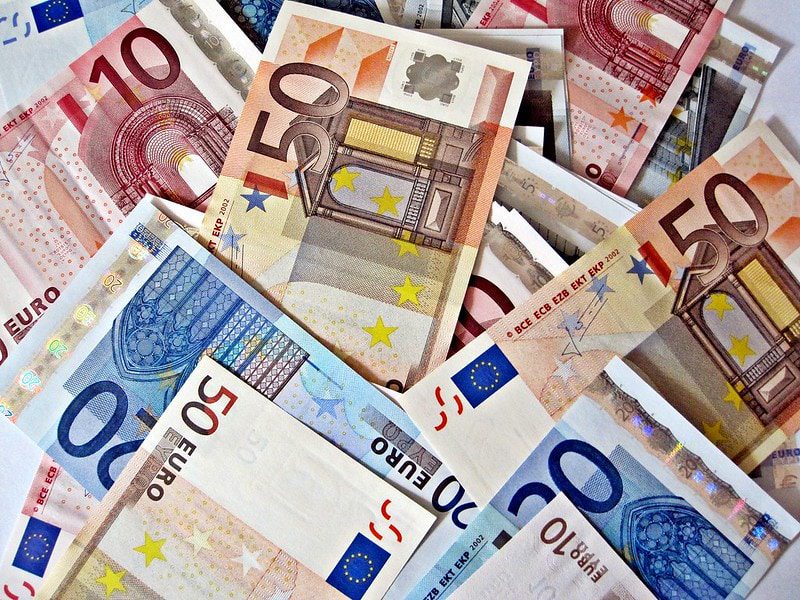
The combined budget deficit for the consolidated government sector in the European Union was 3.7% of gross domestic product, GDP, in the third quarter of 2021. According to a statistical update from Eurostat, this is a decline from 5.8% in the second quarter. The decline was due primarily to a drop in government spending relative GDP, from 52.3% in the second quarter to 50.2% in the third.
Government revenue held steady at 46.5% of GDP.
In the euro area, which consists of 19 of the 27 members of the EU, the consolidated budget deficit was 4% in the third quarter, down from 6.4% in the second. The common-currency economy also saw a relative decline in government spending, from 53.2% of GDP to 51%.
Europe has experienced a significant improvement in public finances since the height of the COVID pandemic. In the second quarter of 2020, the consolidated budget deficit for the 27 members of the EU was equal to 11.8% of GDP; the euro-area deficit reached 12.2%.
Two factors contribute to the decline in the consolidated budget deficit: the tapering of pandemic-related stimulus spending and the gradual return of economic activity to pre-pandemic normal. As of the third quarter of 2021, gross domestic product for the EU was equal to its level in the third quarter of 2019, adjusted for inflation. It is within 2.5% of returning to its pre-pandemic high point.
